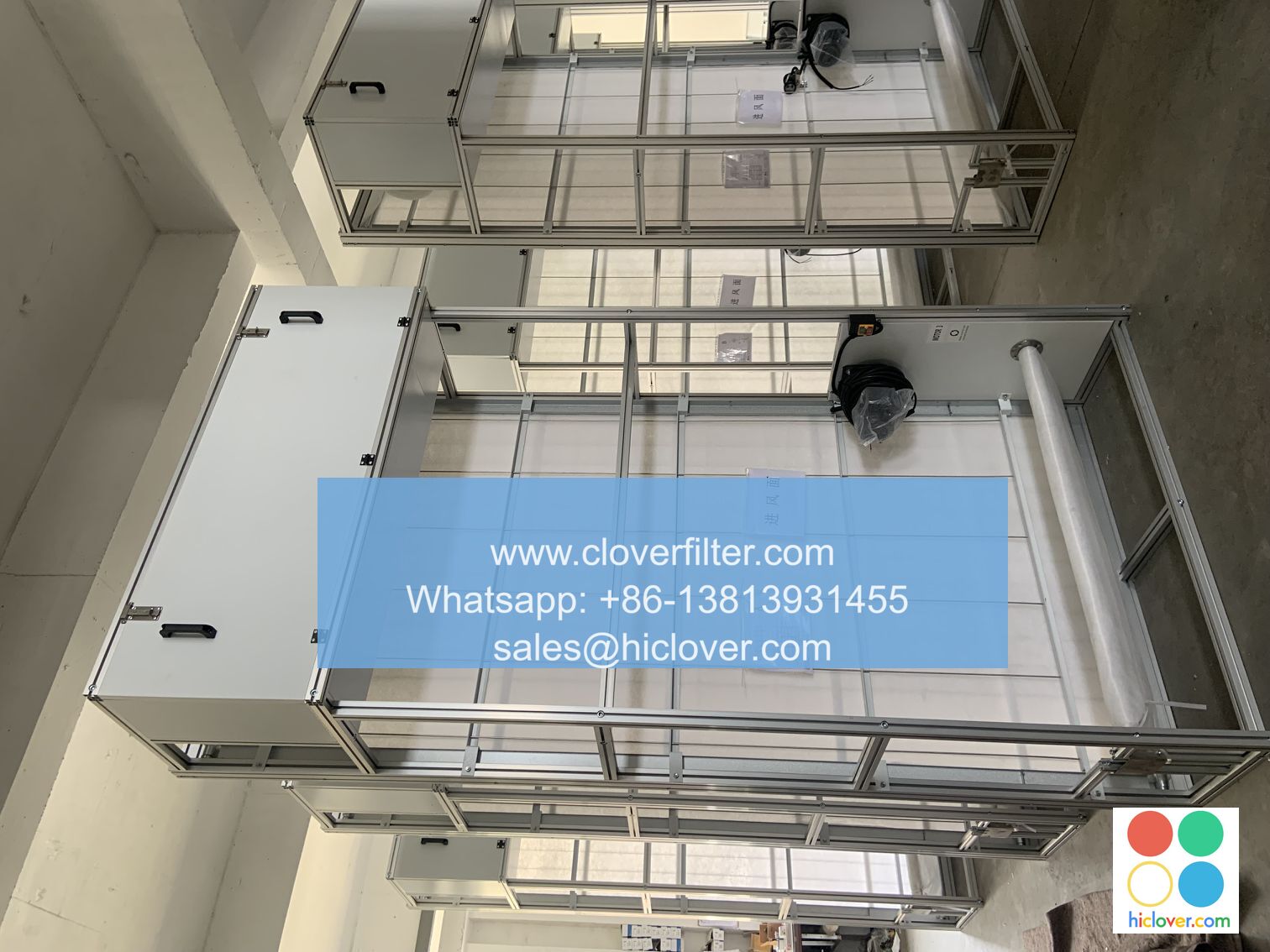How to Improve Air Quality with Smart Energy-Efficient Air Filters

Improving Air Quality with Smart Energy-Efficient Air Filters: A Guide
Indoor air quality (IAQ) is a growing concern for many households and businesses, as it can have a significant impact on both human health and the environment. The World Health Organization estimates that 12% of global deaths are attributed to poor air quality. Fortunately, there are effective solutions available to improve air quality, including smart energy-efficient air filters. In this article, we will explore the benefits of smart energy-efficient air filters, their application areas, and how to choose the right one for your needs.
What are Smart Energy-Efficient Air Filters?
Smart energy-efficient air filters use advanced technology to capture pollutants, allergens, and other airborne contaminants, while also reducing energy consumption. These filters use a combination of innovative materials, such as coin-shaped activated carbon, and advanced designs to enhance their performance.
Benefits of Smart Energy-Efficient Air Filters
Better Air Quality
Smart energy-efficient air filters can capture 99.97% of particles as small as 0.3 microns, including dust, pollen, and other airborne allergens, leaving the air cleaner and healthier to breathe.
Energy Efficiency
These filters are designed to be energy-efficient, reducing the energy consumption of your HVAC system, which can lead to significant cost savings for you and a reduced carbon footprint.
Longer Filter Life
Smart energy-efficient air filters are designed to be more durable and require less frequent replacement, reducing waste and saving you money on replacement costs.
Application Areas for Smart Energy-Efficient Air Filters
Residential Use
Smart energy-efficient air filters are perfect for residential areas, such as homes, apartments, and condominiums, where improved air quality and reduced energy consumption are desirable.
Commercial Use
These filters are also suitable for commercial applications, including offices, restaurants, hospitals, and schools, where employees, customers, and students deserve a healthy and comfortable indoor environment.
Industrial Use
Industrial settings, such as factories, warehouses, and data centers, can also benefit from smart energy-efficient air filters, which can help reduce energy consumption and improve air quality.
How to Choose the Right Smart Energy-Efficient Air Filter for Your Needs
Consider the Following Factors
- Room Size: Choose a filter designed for the square footage of the area you want to filter.
- Airflow: Consider the airflow rate of your HVAC system to ensure the filter can handle the volume of air flow.
- MPN Rating: Look for a filter with a MERV rating of 11 or higher for maximum effectiveness.
- Filter Material: Choose a filter with a durable, washable, and reusable filter material.
- Warranty: Check the filter manufacturer’s warranty and customer support for any issues or concerns.
Conclusion
Smart energy-efficient air filters offer a simple and effective solution to improve indoor air quality and reduce energy consumption. By considering the application areas, benefits, and factors to choose the right filter, you can make an informed decision to improve the health and comfort of your home, office, or industrial space. Take the first step towards a healthier and more sustainable tomorrow with smart energy-efficient air filters.
I’m happy to help! What would you like to talk about or what kind of prompt would you like me to respond to?

